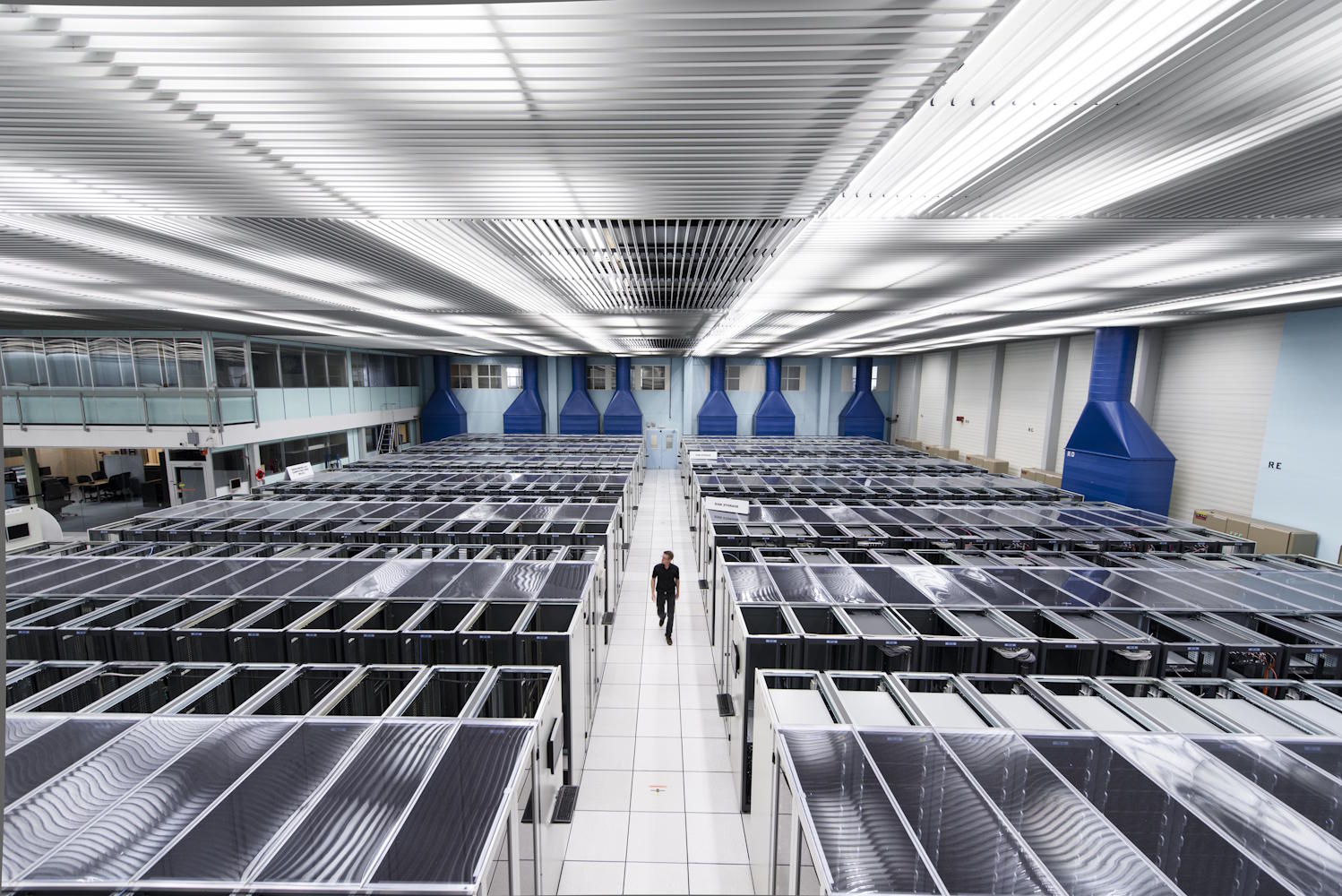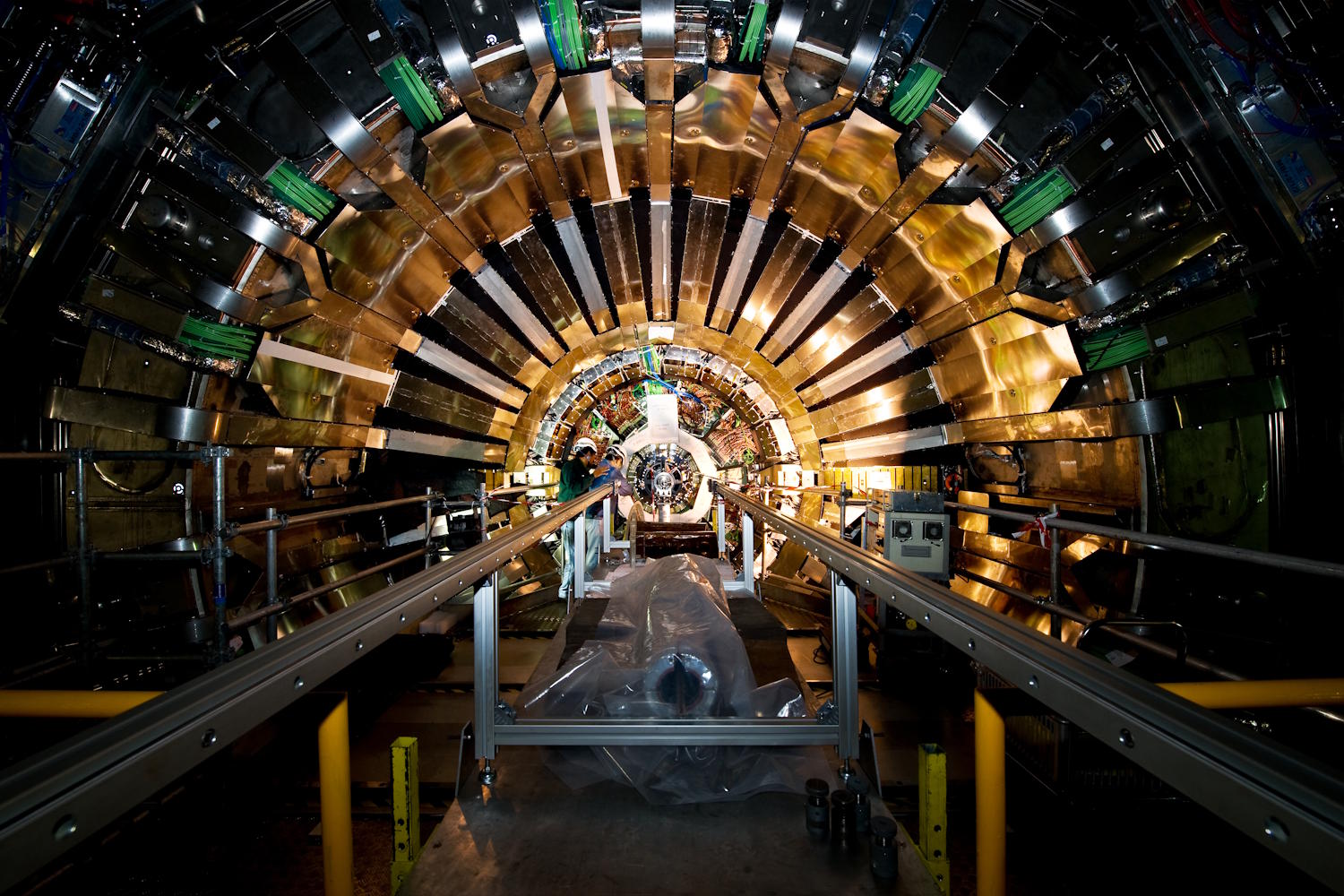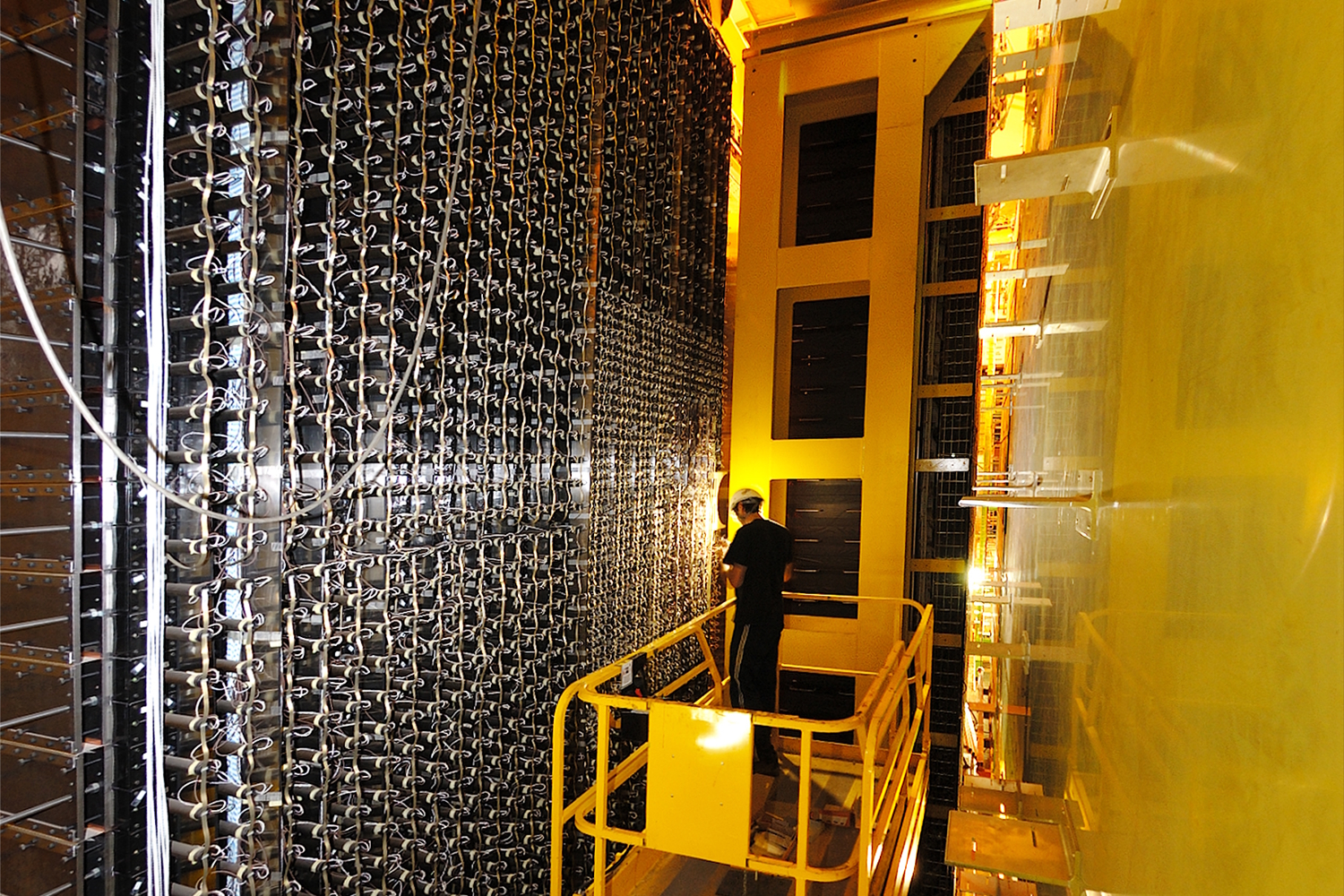What you'll do
Are you a curious and motivated computing graduate, eager to contribute to a global scientific infrastructure? Join CERN and help shape the future of distributed computing by improving how we monitor and understand the use of computing resources across the Worldwide LHC Computing Grid (WLCG), a global collaboration of more than 150 computing centers in more than 40 countries, serving cutting-edge particle physics. As a member of the CERN IT department’s Technical Coordination group, you will contribute to the design, deployment, and validation of a scalable monitoring system for data transfers based on the XRootD protocol. XRootD is a data access technology widely used by LHC experiments to read and move scientific data efficiently across global storage infrastructures. Your work will ensure that data traffic across heterogeneous storage systems is reliably monitored and visible in near real time. This monitoring capability is essential for ensuring transparent data access for experiments and maintaining the reliability of distributed computing operations across WLCG.
Your responsibilities
- Contribute to the design, validation, and deployment of site components for XRootD data monitoring, including integration with existing CERN and WLCG infrastructure.
- Participate in the validation of monitoring metrics by comparing collector data with network traffic statistics.
- Design and implement automated workflows for data quality validation, anomaly detection, and metric correlation across distributed sites.
- Collaborate closely with experiment and site administrators to ensure interoperability, scalability, and reliability of the new monitoring framework.
- Contribute to the evolution of WLCG monitoring dashboards and data analytics services, using modern DevOps and containerised environments (GitLab CI/CD, Kubernetes).
- This position offers a unique opportunity to work at the intersection of distributed computing, data engineering, and monitoring automation, supporting the global computing infrastructure that underpins scientific discoveries at the LHC.
Still here? Let's make a quick check about
Your profile
- Experience or strong interest in software development for distributed systems and large-scale data infrastructures.
- Experience or background in data engineering or monitoring pipeline integration (e.g. Prometheus, Grafana, InfluxDB).
- Exposure to Linux environments, scripting, and Git-based collaborative workflows.
- Familiarity with network monitoring, time-series data handling, or performance analysis tools.
- Hands-on experience in building or operating containerised services (Docker, Kubernetes, OpenShift) is desirable.
- Your studies focused on Software engineering
Your skills
- Programming experience in Python and solid knowledge of Linux environments.
- Familiarity with distributed systems, network monitoring, and data streaming frameworks.
- Some experience or interest in Go (Golang) would be an advantage.
- Knowledge of container and orchestration technologies (Docker, Kubernetes, OpenShift).
- Familiarity with monitoring and time-series systems such as Prometheus, Grafana, or InfluxDB.
- Experience with REST APIs and structured data formats (JSON, Avro, Parquet).
- Experience with data processing frameworks such as Apache Kafka or Spark.
- Spoken and written English, with a commitment to learn French
Global Benefits at CERN
Let's get you ready
Be sure to meet the eligibility criteria
- You are a national of a CERN Member State or Associate Member State.
- By the application deadline, you have a maximum of 2 years of professional experience since graduation in the respective field and your highest educational qualification is either a bachelor’s or master’s degree. You must have a university degree and can’t hold a PhD.
- You have never had a CERN fellow or graduate contract before.
- Please pay attention to the additional criteria and requirements for this specific position and mentioned above.
You will need these documents to complete your application
- Your CV (English or French)
- A copy of your most relevant diploma or a certificate of achievement from your school (if you don't yet have your paper diploma)
- Any document you consider relevant to your application



